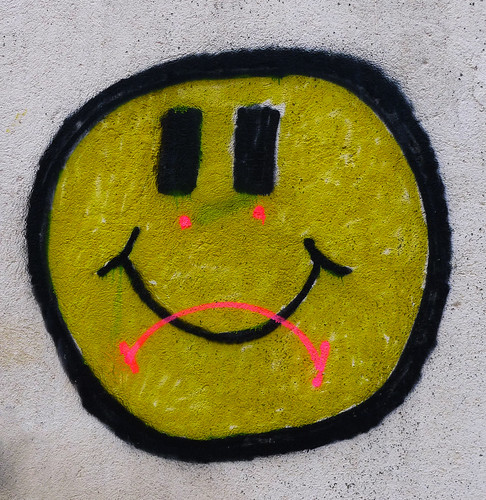"Happiness is when what you think, what you say, and what you do are in harmony."
"It is health that is real wealth and not pieces of gold and silver."
- Mahatma Gandhi
Hello world ~ While I am no stranger to the online world nor blogging, it is with difficulty that I find myself writing once again to an audience. It's been many years since I've written anything that is not related to research papers or poetry. However, I hope that this journey that we shall embark will benefit not just myself but others.
As a freshman in college, I did not think I would ever revisit blogging for academic purposes - but here we are. For English composition II, I am to maintain an academic blog on a chosen topic for 15 weeks. This had me thinking.
I find that many other young adults including myself are thrown into the real world and with the expectation that we should have a lot of things (careers, finances, etc) figured out. Along with the weight we carry in our lives and in our hearts, this can be tremendously overwhelming and stressful. Where is the happiness in all of this?
We are all constantly trying to better ourselves and our lives. Whether through pursuing an education to earn a degree to even making the choice of opting for a healthier diet. Our emotional health is very important in our life and I believe that it is definitely tied to happiness.
For my blog, I decided to cover the topic of lifestyle because I've always had interest in the welfare aspects of life. Many of us are tied down to either a 9-5 job or hours sitting away "learning" and living the mundane cycle we all are accustomed to. And so often life weighs heavily down that happiness is forgotten or a facade of the future. So often I have truly wondered what is exactly happiness and while I have yet to find my own answer to this, I have instead found strength and willpower which I hope will project onto others as I cover aspects of emotional health and provide insight and personal stories in relation to happiness.
Emotional health is "overall psychological well-being. It includes the way you feel about yourself, the quality of your relationships, and your ability to manage your feelings and deal with difficulties" (Smith). Often our emotional health is neglected or not reflected upon often enough.
Do you think you are emotionally healthy? Those who are have:
- A sense of contentment.
- A zest for living and the ability to laugh and have fun.
- The ability to deal with stress and bounce back from adversity.
- A sense of meaning and purpose, in both their activities and their relationships.
- The flexibility to learn new things and adapt to change.
- A balance between work and play, rest and activity, etc.
- The ability to build and maintain fulfilling relationships.
- Self-confidence and high self-esteem.
Any checks on this list provided by
Helpguide? It may seem impossible to have each and every bullet checked but that is honestly okay if that is not the case. It is certainly commendable even with a few of the above attained. In all honesty, I only have the first one marked on my list. Topics ranging from depression to diet will be covered over these 15 weeks and with any luck, one more bullet can be checked off.
While this blog mainly adheres to the audience of college students, it certainly by no means limits to any certain range of viewers. So as the journey of life continues, here goes with this blog. Cheers~
-
T.L.*
Works Cited
Smith, Melinda, Robert Segal, and Jeanne Segal. "Improving Emotional Health."Strategies and Tips for Good Mental Health. Helpguide, Jan. 2013. Web. 15 Jan. 2013.



